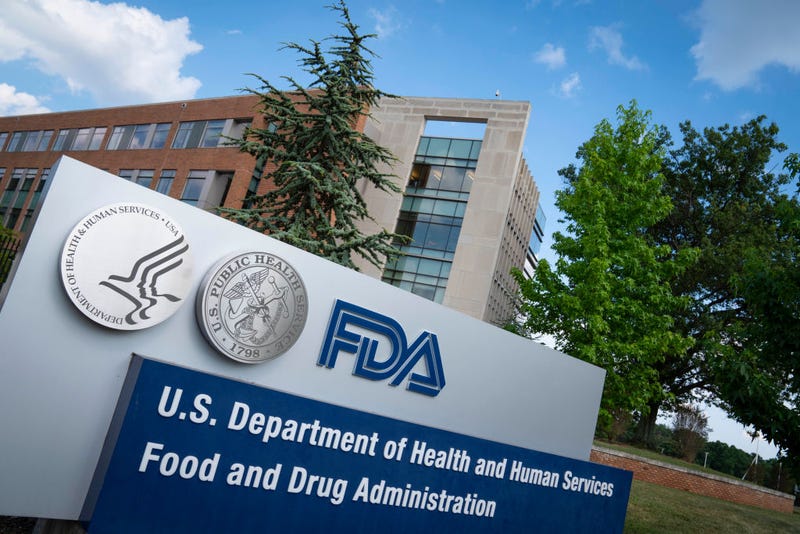
“You know, any… further politicization from any side of these type of agencies doesn’t serve the interests of health,” said Dr. Joe Kanter, Louisiana State Health Officer, during his weekly interview with WWL’s Newell Normand.
He was referring to the U.S. Centers for Disease Control and Prevention and the U.S. Food and Drug Administration, agencies responsible for public health research and messaging.
In the wake of the COVID-19 pandemic and the Abbott Laboratories’ infant formula plant contamination, some have lost faith in public health agencies. According to a 2021 poll, respondents had “serious concerns about how the system functions now.”
“I’m very concerned about the public’s perception of public health, and I’m very concerned about where we move from here,” said Normand.
Last February, the Pew Research Center also found that “Americans’ confidence in groups and institutions has turned downward compared with just a year ago,” and that “trust in scientists and medical scientists, once seemingly buoyed by their central role in addressing the coronavirus outbreak, is now below pre-pandemic levels.”
“I’m keen and eager to see the CDC, the FDA, our own agency, you know, kind of go back to business as before, which... traditionally was depoliticized in the background and do the hard work to kind of regain the public’s trust because public health does a lot for people. And you oftentimes don’t realize it until it’s not working well,” said Kanter.
Normand and Kanter also discussed antibiotic-resistant infections such as Candida auris, described by the CDC as an “emerging fungus that presents a serious global health threat,” and more this week.
“One of the challenges here is there’s not a big financial incentive for these type of medicines antifungals, new antibiotics,” said Kanter of the potential threat of C. auris. “The financial incentives are for medicines that people need to take every day for a long period of time.”
Listen to the full conversation here.

